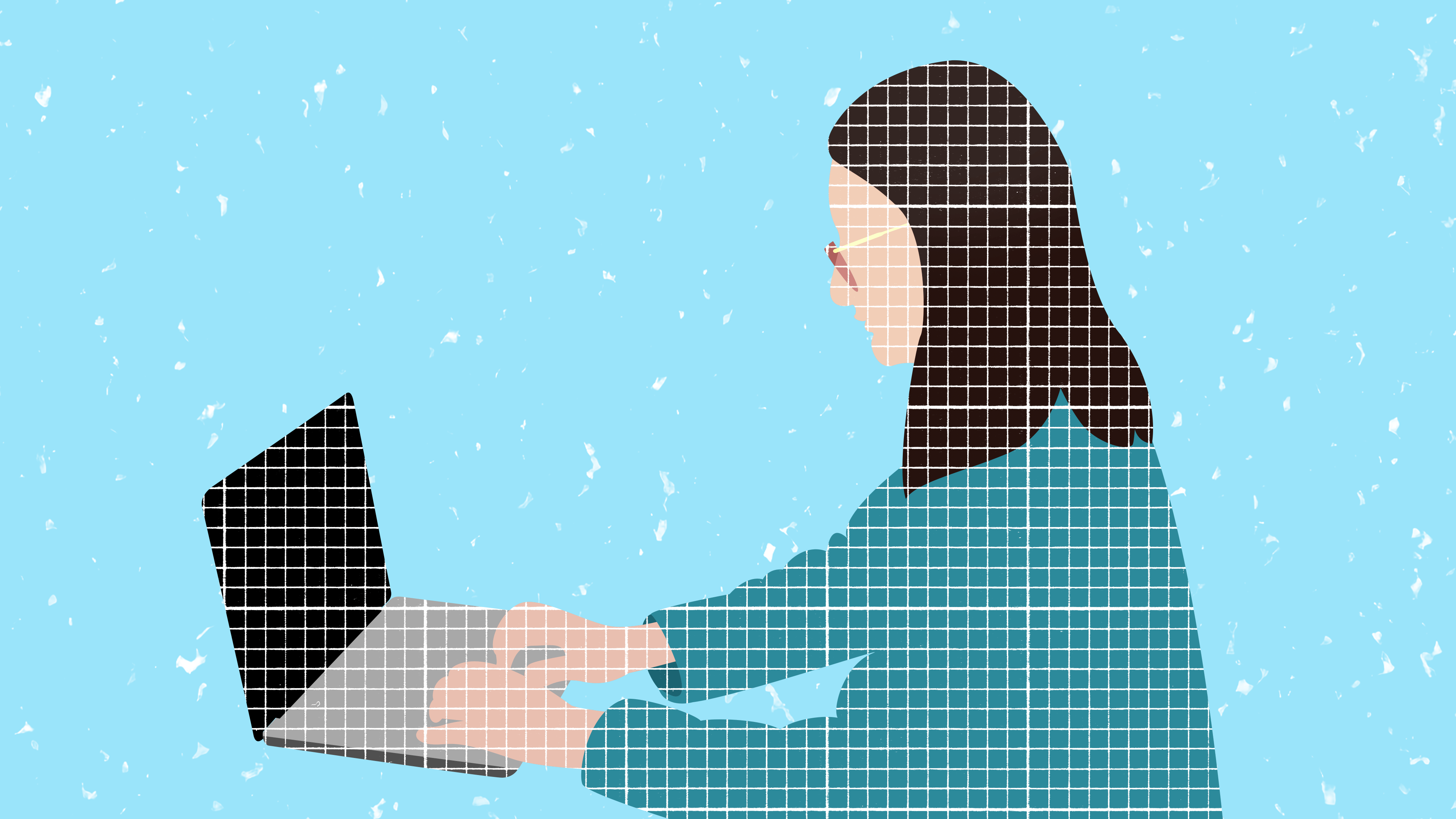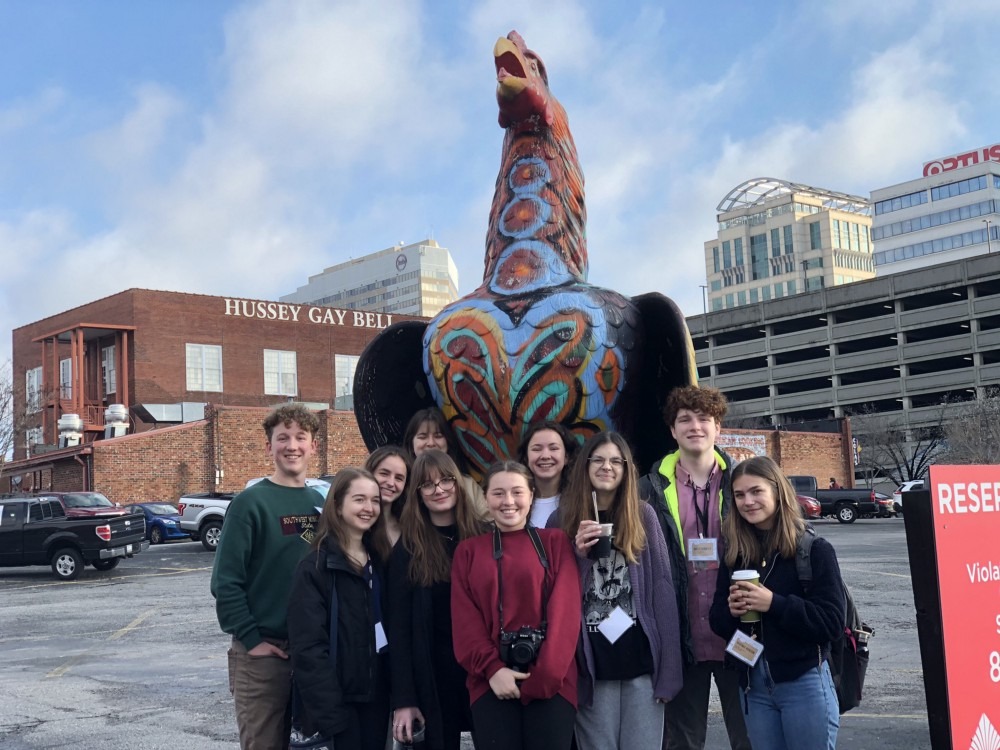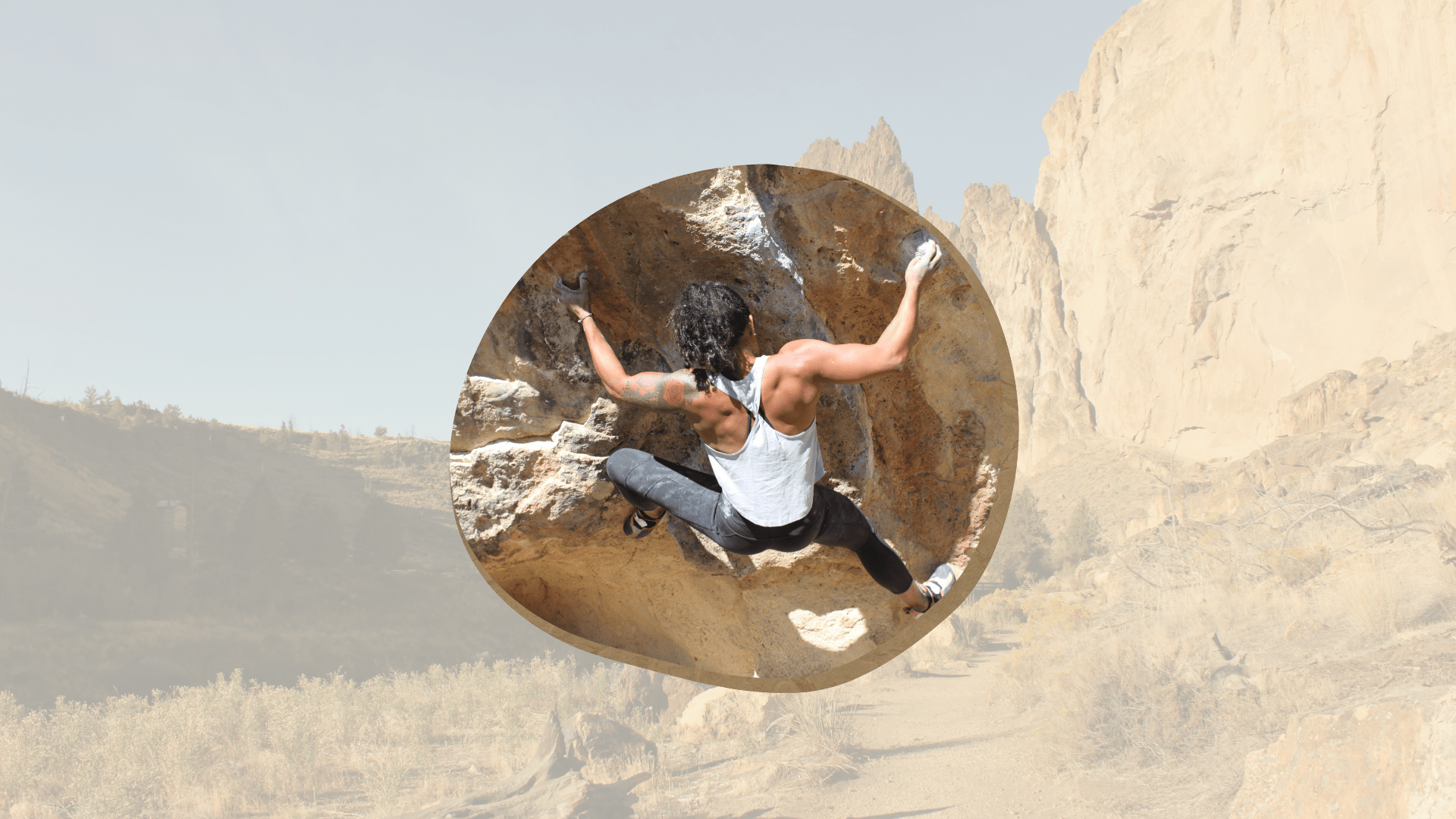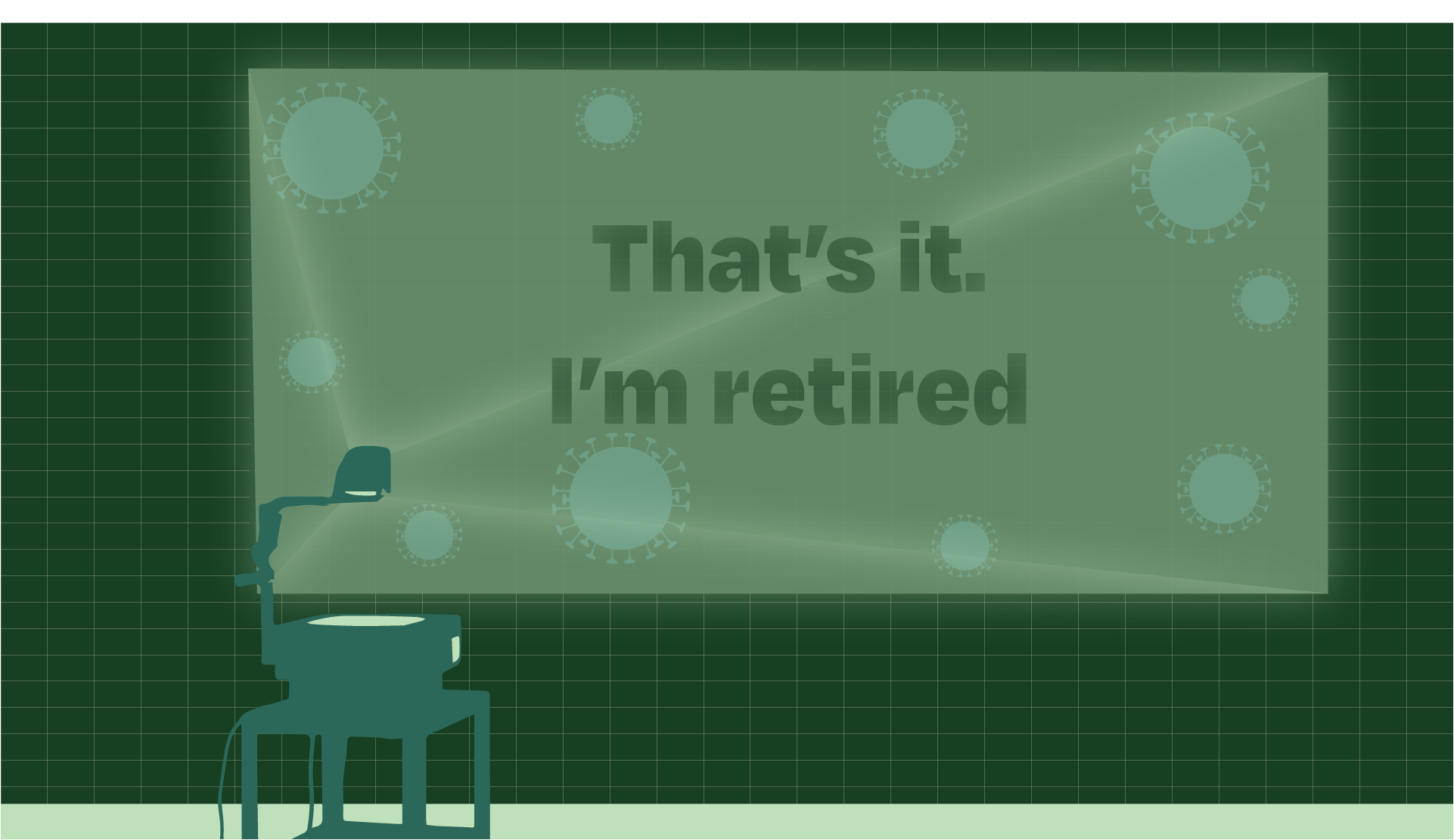
How High School Journalists in Georgia are Pushing Through an Uncertain Academic Year
“Our students, our teachers, the county need a form of news.”
The last time Clarke Central High School senior Owen Donnelly, 17, saw his newspaper staff was in March. The Georgia school’s newsmagazine, The ODYSSEY, had won several awards at the Southern Interscholastic Press Association Convention, and the staff was fired up to finish off the semester strongly.
“I was like, ‘Okay, we’re going to go back to school, we’re going to finish off, and it’s going to be awesome,’” Donnelly, a current co-editor-in-chief of The ODYSSEY, told The Interlude. “And then it just didn’t happen. We didn’t go back to school.”
After the coronavirus pandemic crept into the United States in mid-March, Clarke County, along with other Georgia school districts, moved to online learning. While most students have faced numerous challenges adjusting to remote instruction, high school journalists across the state had to quickly figure out how to navigate reporting on their schools as a team while being apart indefinitely.
Georgia has faced a particularly tumultuous few months during the pandemic. Brian Kemp was the first governor to reopen a state in April, earning criticism from the president. Throughout the summer, Kemp publicly squabbled with Georgia mayors over mandating mask-wearing in their cities. The state doesn’t have a uniform plan for school reopenings, leaving decisions largely to individual counties and districts. And now that the 2020–21 academic year has started for many Georgia schools — with some fully returning to in-person learning and others conducting all classes remotely — student editors-in-chief have to take on an entirely new role and motivate their staffs without the sort of magic that comes with being in a newsroom run by dedicated teenagers.
“We just have to plan out things a lot more,” Donnelly said. “We’re planning out workflow and what everyone’s going to be doing a lot more than, I think, we would in previous years just because of this momentous challenge that we’re about to be facing.”

Members of the ODYSSEY staff. Photo courtesy Owen Donnelly.
For Donnelly, keeping younger staff reporters engaged has been difficult, especially since Clarke County will start the fall semester remotely. He said that since many students haven’t done much for the paper since March, they seem uninterested and laid-back, though there are, of course, those who are enthusiastic and always ready to hop on. Not being with his peers has also been challenging for him personally — Donnelly likes being around people, and only seeing people online has been affecting him. Still, though, he and his co-editor-in-chief, Naomi Hendershot, are still committed to staying optimistic and making things as fun as possible.
“We’re going to try to do staff bonding stuff outside, distanced,” Donnelly said. “I don’t know if it’s like kickball or group yoga or something — to just see each other, you know? And get people in that mindset of like, ‘We’re a team and we’re working together, even if it’s from home.’”
The idea of starting a leadership role from home is daunting for some high schoolers. Stephany Gaona-Perez, a senior at Cedar Shoals High School in Clarke County, said that when school initially went online, she was worried that she wouldn’t be ready to be co-editor in chief of Cedar Shoals’ Blueprints Magazine. She wanted to be fully trained and prepared to help guide newer students. She was also concerned about not being able to dedicate enough time to the publication.
“Me being a senior, I’m currently looking at scholarships, looking at colleges, trying to do more community service so I can have that on my applications,” Gaona-Perez, 17, said. “But honestly, with what we’re doing with the weekly meetings, it’s preparing all of us.”
Seeing more and more students join the Zoom meetings each week has boosted her confidence. She now feels less scared that her team won’t do the best job they can.
“I’ve been meeting more of the newer students, and I’m happy I can see them face-to-face,” Gaona-Perez said. “Even though it’s over a camera, I can still kind of form that connection with them.”
Like Donnelly, Gaona-Perez is trying to figure out how to train newer students and keep them engaged. She’s already noticed a lack of participation, but also acknowledged that the school year hasn’t started yet and students have external responsibilities.
“A lot of them like myself — I am an older sibling, and I have to look after the house, and so we’re trying to kind of figure out ways to get more participation — from especially the newer staff,” Gaona-Perez said.
Some publications waded into uncharted territory to better serve their communities, requiring some students like Dana Richie, co-editor-in-chief of The Southerner, to start their roles months earlier than expected. The Southerner, which covers Atlanta’s Henry W. Grady High School, ordinarily pauses news coverage over the summer, but they continued reporting this year because so many major decisions that impacted their community were made in the last few months.
Richie, 17, and her team covered initial school closure announcements, Black Lives Matter protests, and calls to rename Grady High School, over journalist Henry W. Grady’s explicit call to maintain “the supremacy of the white race in the South.” For Richie, it was important because she sees school newspapers as a way to get students’ voices out during an unsettling time.
“During those protests, the Black Lives Matter protests, we organized student comments where any student could write their opinion and we would publish it,” Richie said. “And I think just having this sort of voice for the community, especially in a time where everyone seems so isolated, is just really integral.”
Richie said The Southerner is a well-oiled machine — but that doesn’t mean it isn’t facing its own logistical issues. The Southerner publishes both online and in print, and much of its funding comes from selling print subscriptions. Now that the pandemic has potentially jeopardized the possibility of creating physical publications, her team is trying to brainstorm alternate ways to fundraise.
The Southerner isn’t alone in facing operational challenges. Gaona-Perez and Donnelly said their respective newspapers can use Google Drive to organize online content, but losing access to Adobe InDesign and Photoshop on school computers makes their print issues a larger obstacle to tackle.
But what might be the most frustrating part for these journalists is coming to terms with the fact that this was not the triumphant senior year they signed up for. The ODYSSEY hosts a banquet at the end of the academic year to present both in-house and conference awards to staff members, to hear speeches from outgoing leadership, and to ceremonially pass the reins to the incoming editors-in-chief — a tradition that Donnelly had been looking forward to.
“That’s kind of just when it hit me, when I realized we weren’t going to be able to do the banquet and introduce ourselves,” Donnelly said. “I’m not gonna get to have the same experience at all.”
Richie said she’s come to accept that this year will not be what she anticipated. She said she’s choosing to look at the silver lining of being editor-in-chief during this time because she feels that it will allow her to help younger students who need extra guidance.
“We’re still going to keep operating, even if we can’t do a print publication, and I think we’re going to have to learn new skills,” Richie said. “I’m really happy to help sort of lead that charge and lead that journey for the rest of the people in the publication.”
Photo of Blueprints Magazine Staff, as well as Broadcast and yearbook staff, at the Southern Interscholastic Press Association Convention in Columbia, S.C. on March 7. Photo courtesy of Blueprints Magazine.
For Gaona-Perez, the pandemic shed light on just how impactful Blueprints’ work is. She said she didn’t realize how many people read their news, and that they need to publish more. Cedar Shoals is going through a number of changes, from a new principal to uncertainty about whether students can return later in the semester, and Gaona-Perez said that the school needs reporters to keep people informed.
“It’s important to keep publishing because news is still going on,” Gaona-Perez said. “New things are happening every day in not just our school, but in our entire state. Our students, our teachers, the county need a form of news.”


